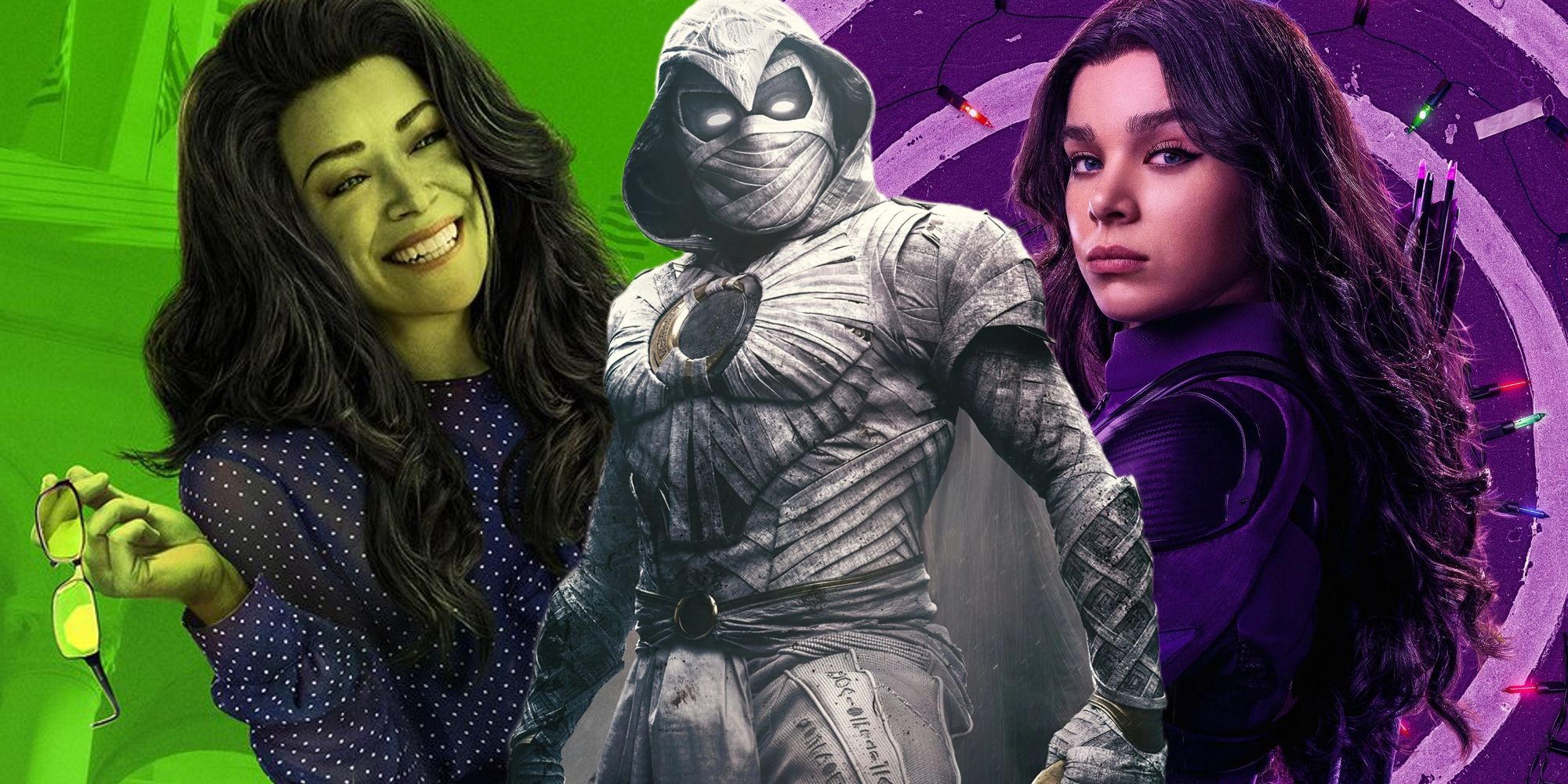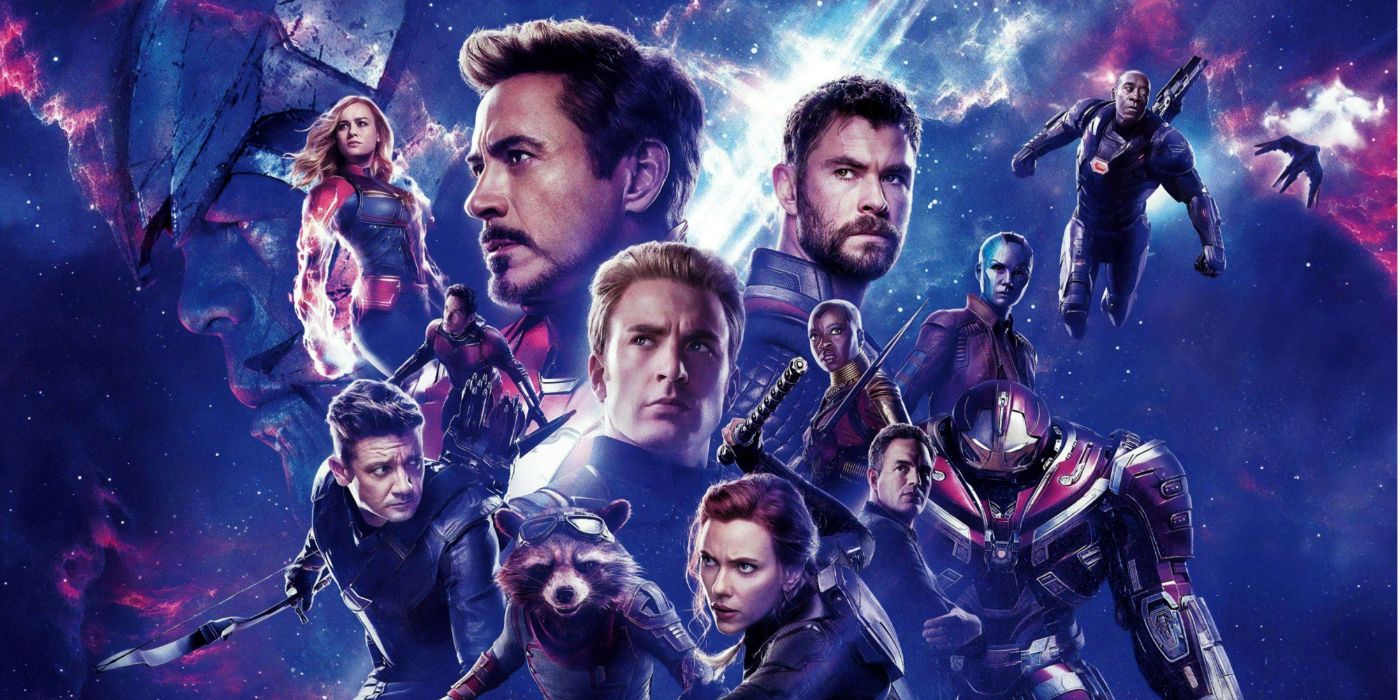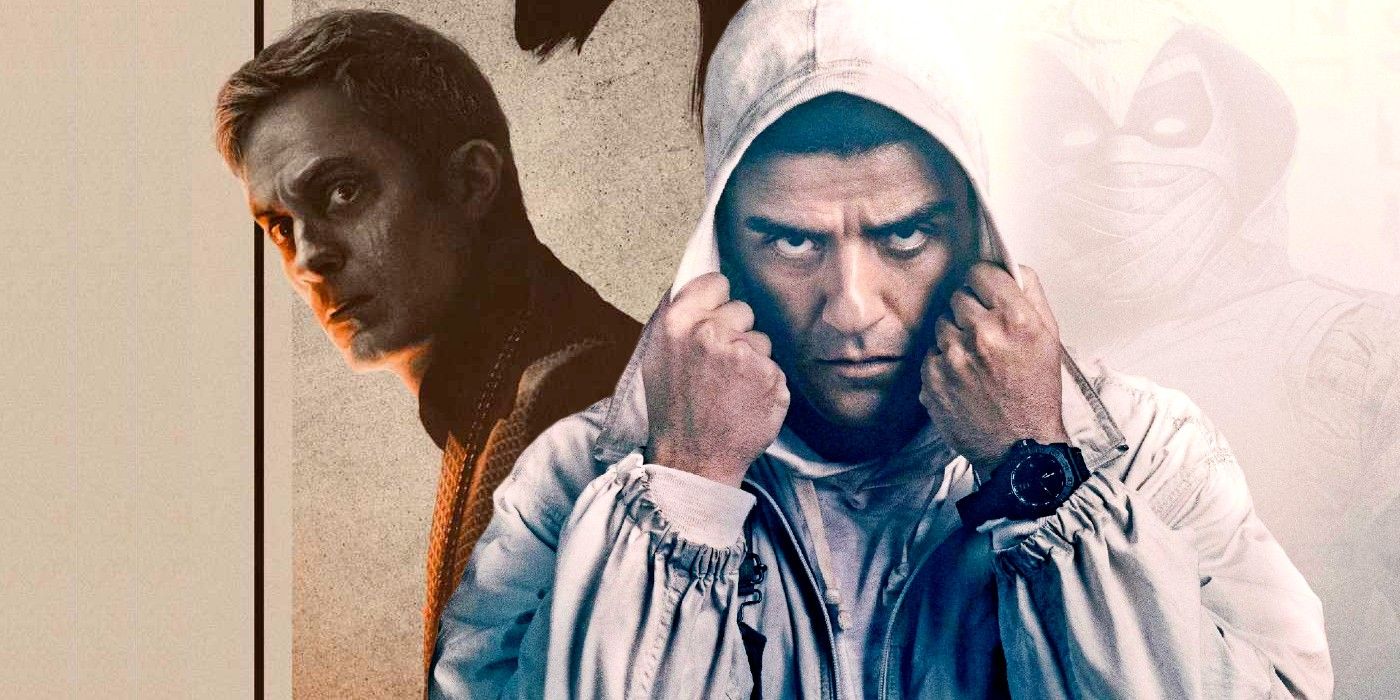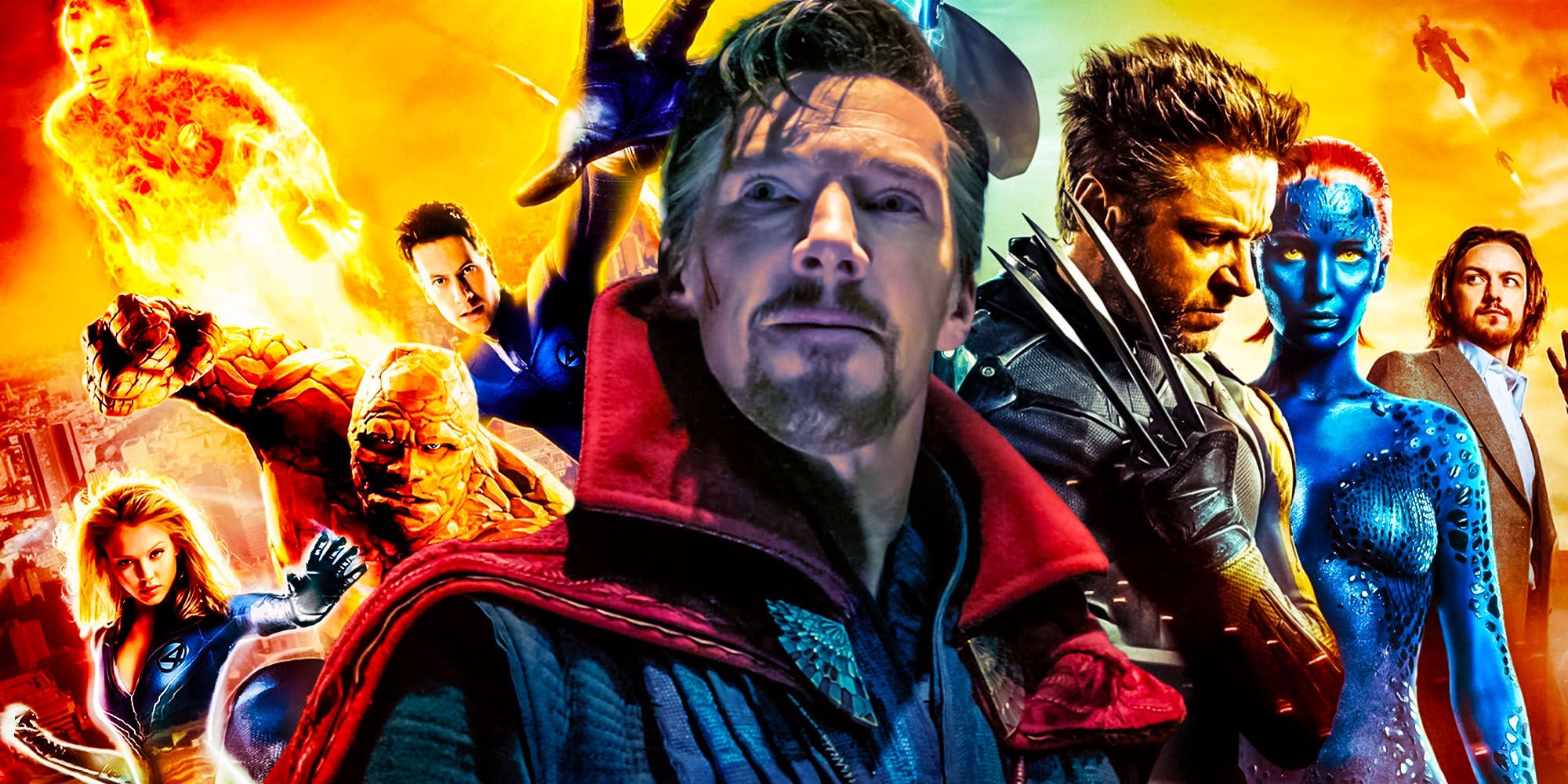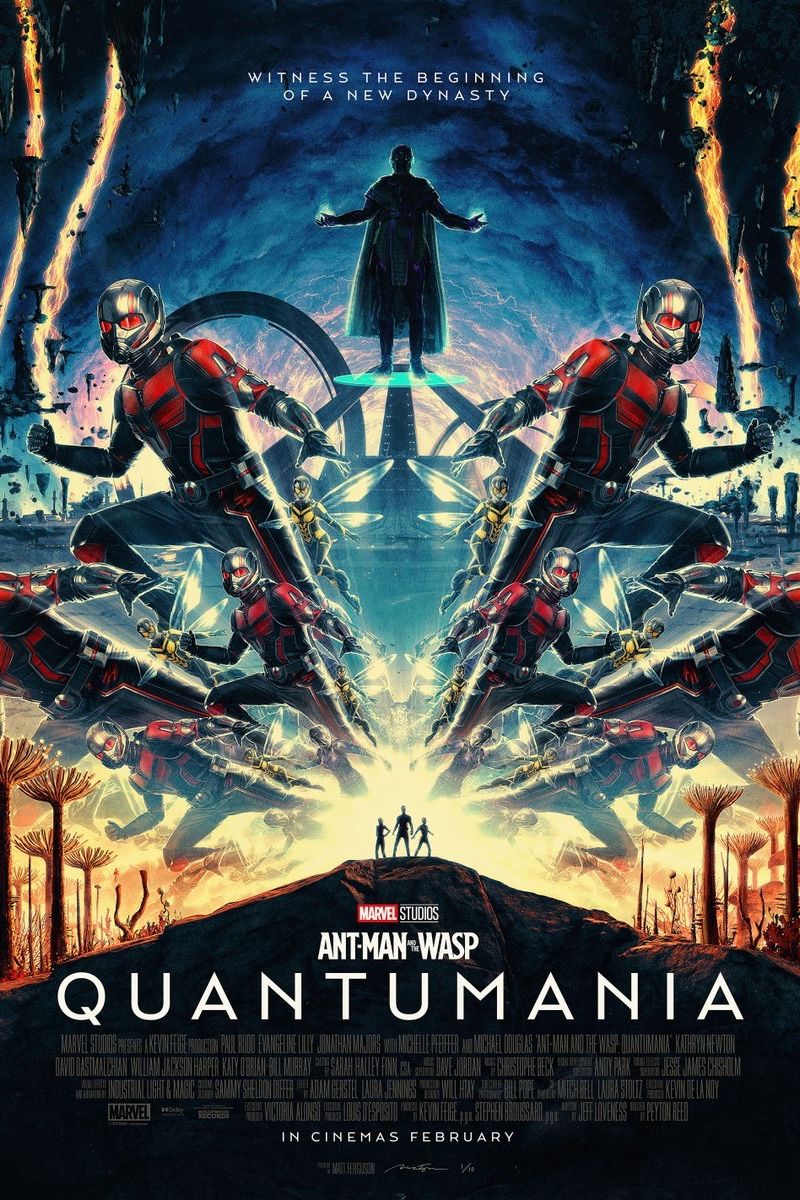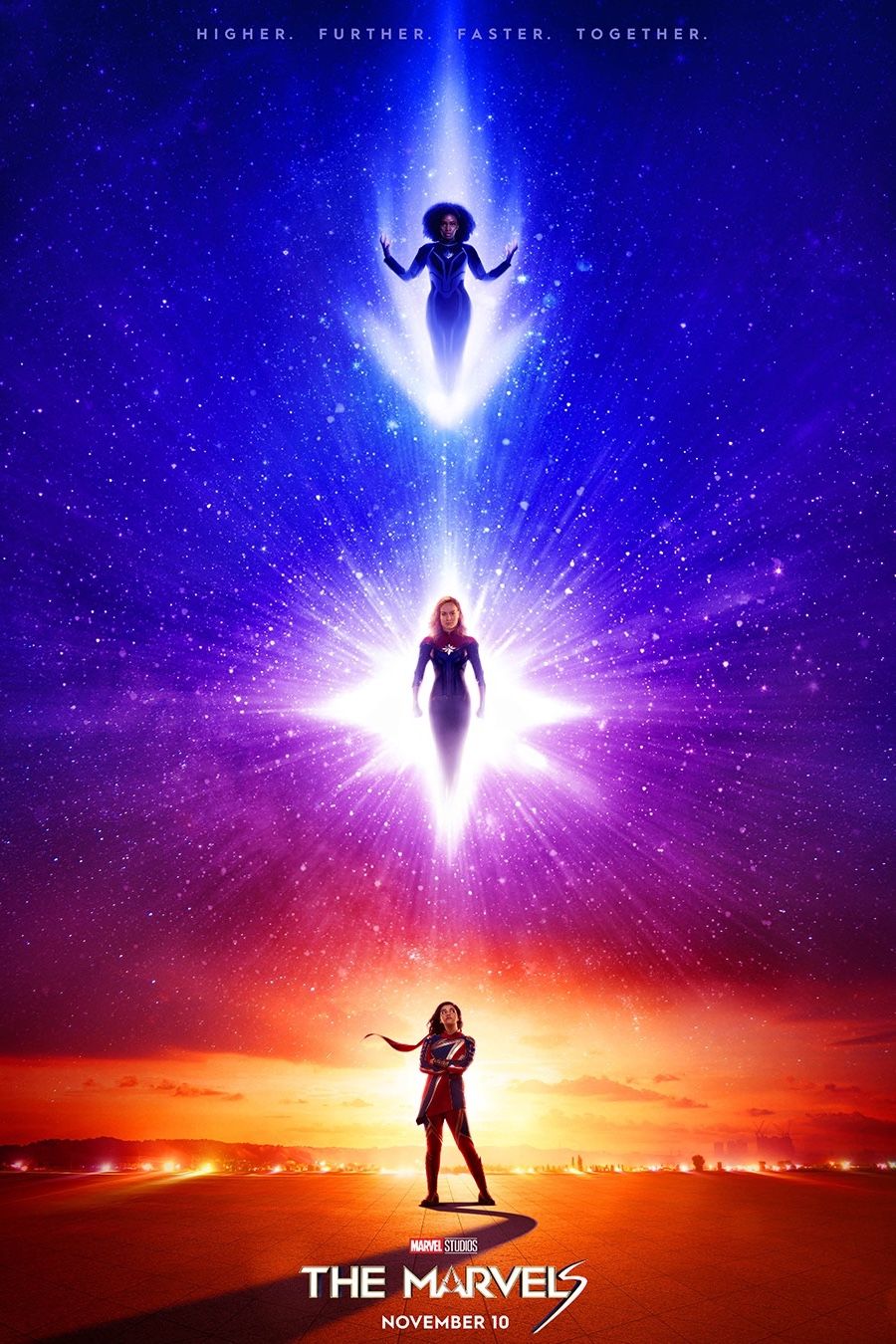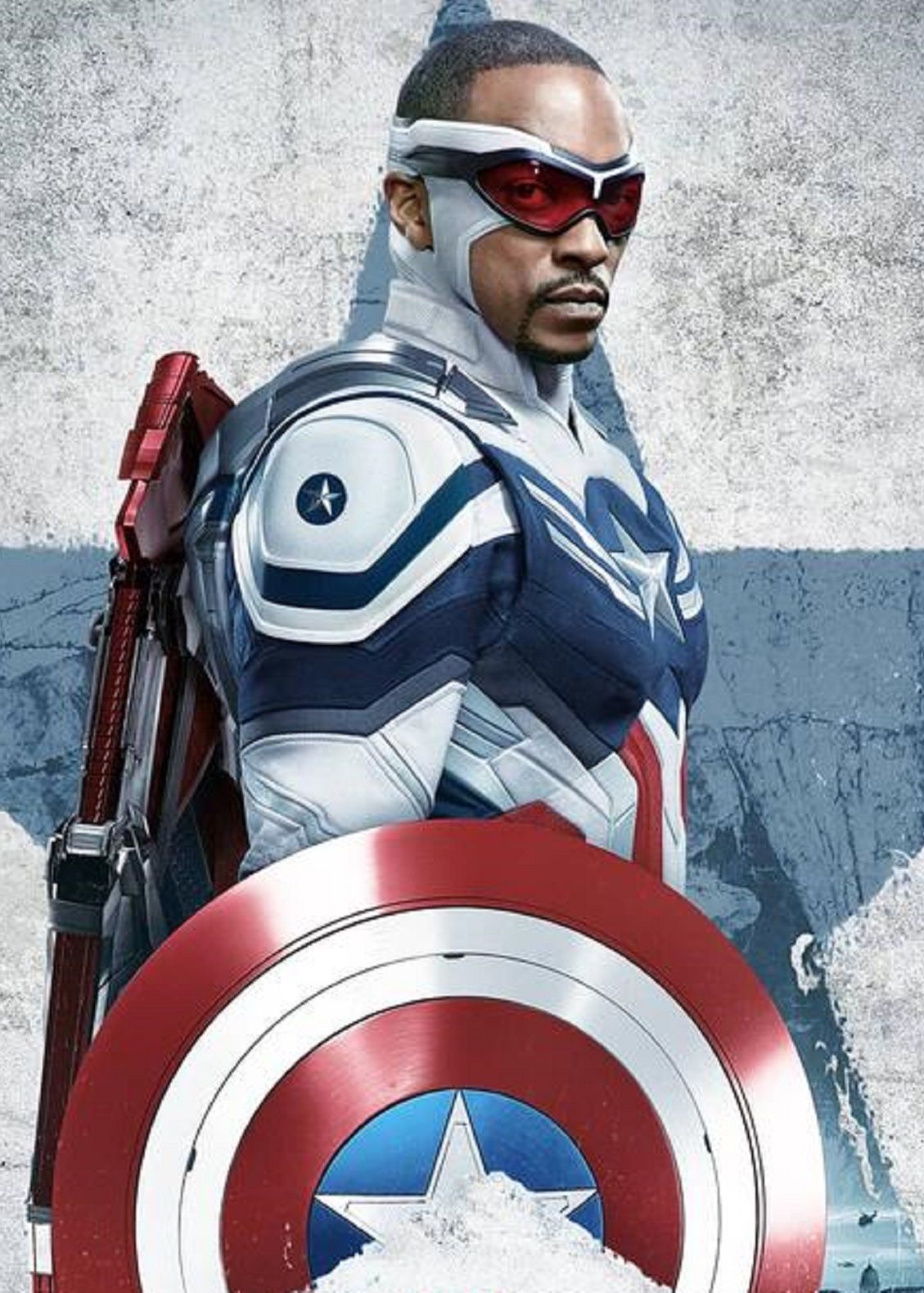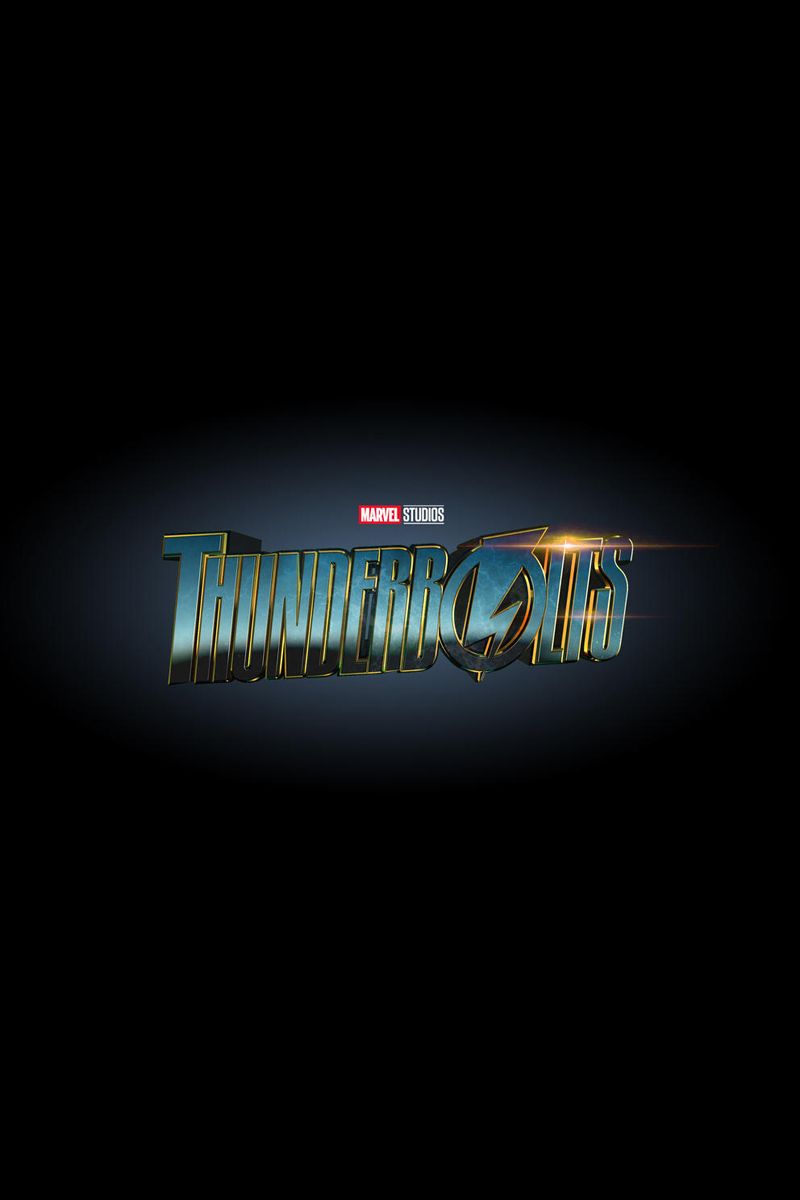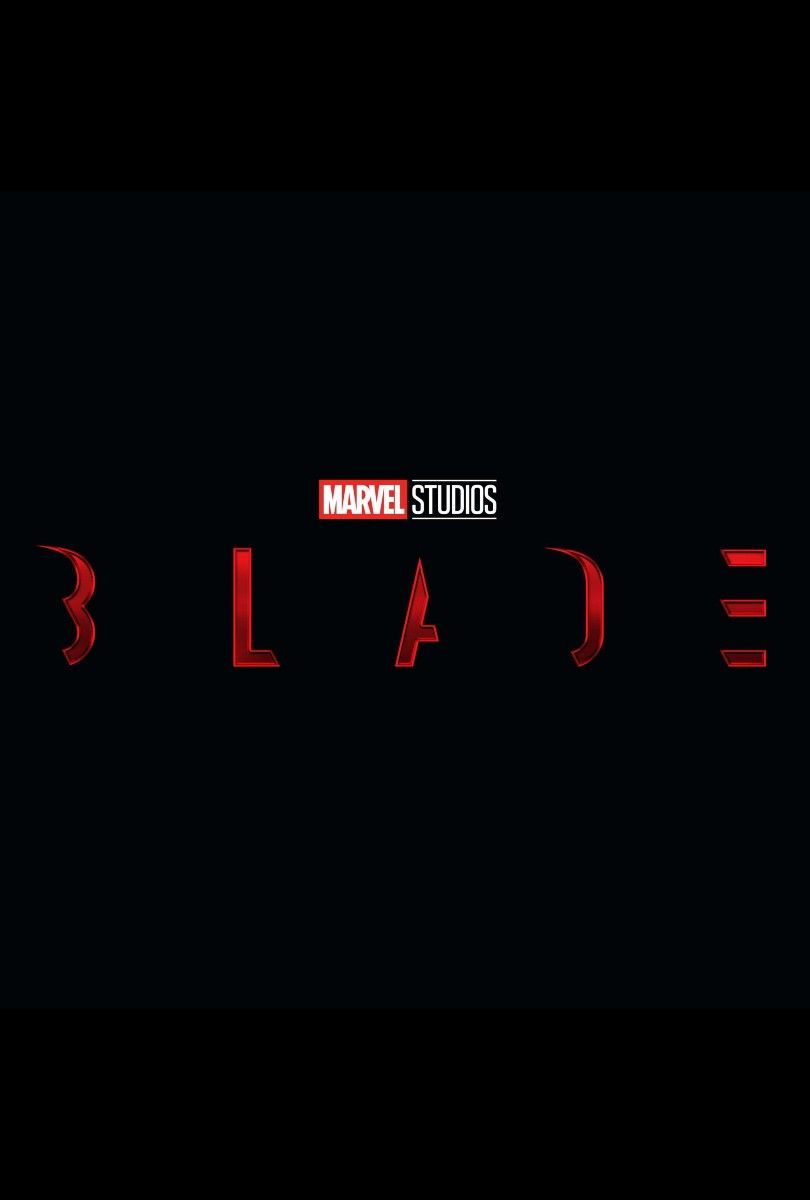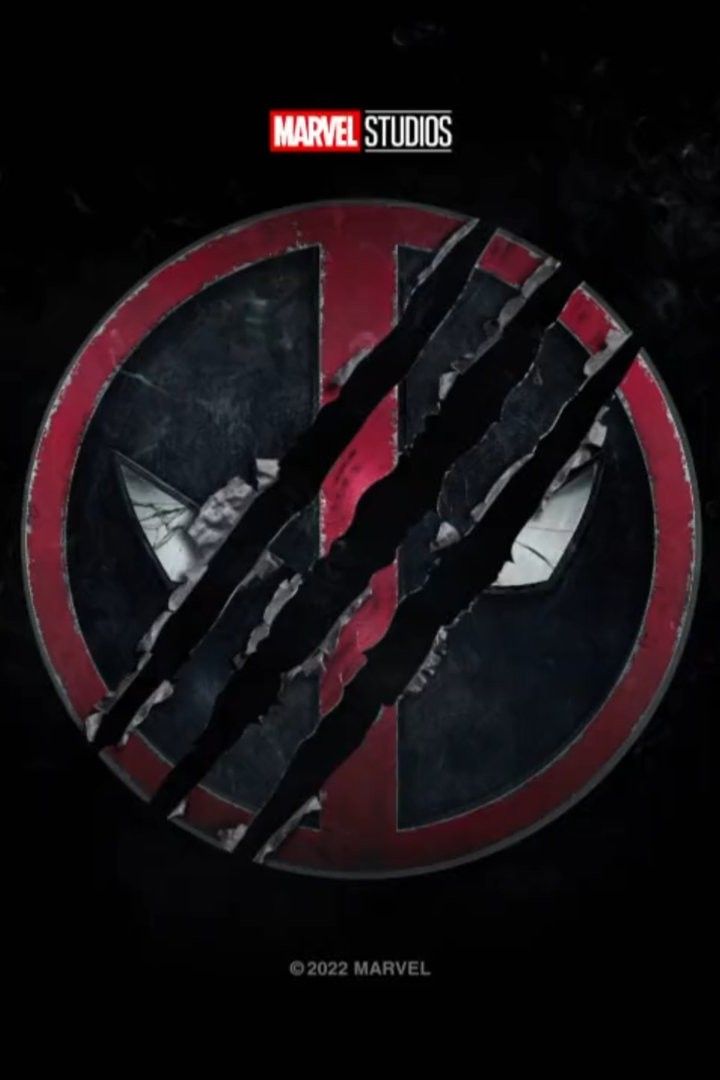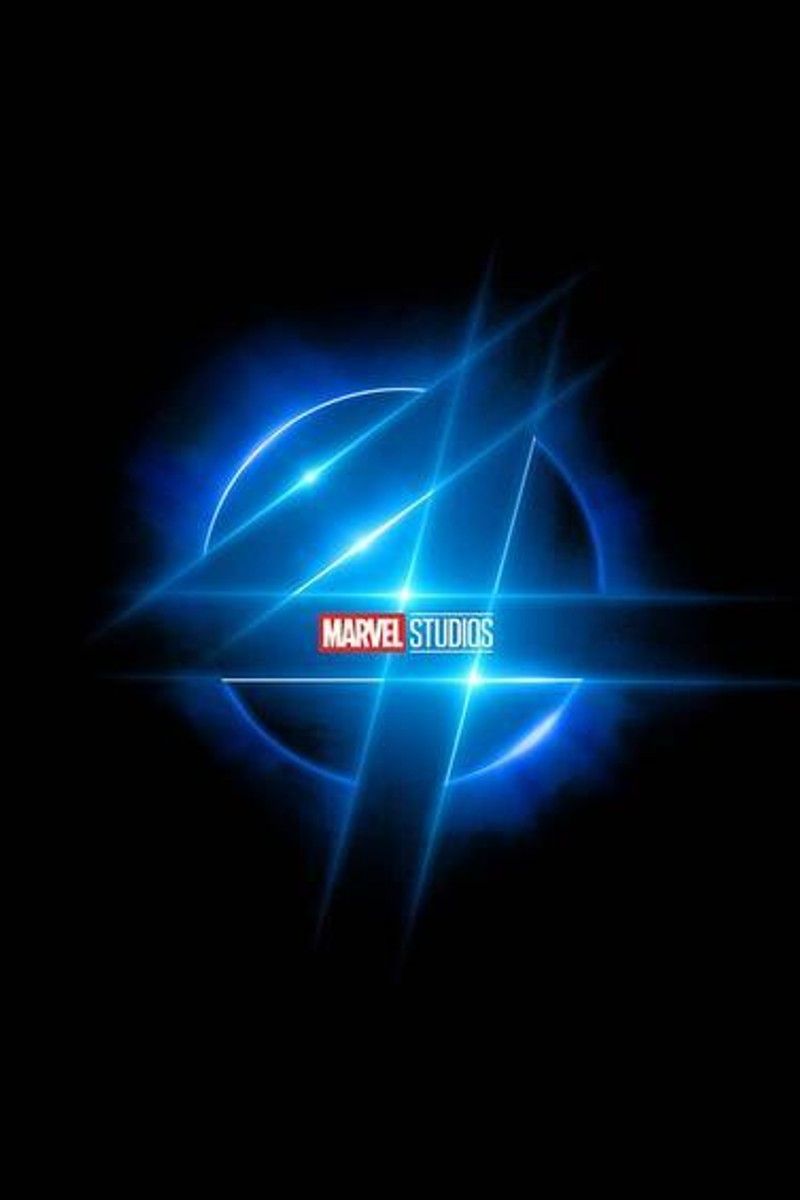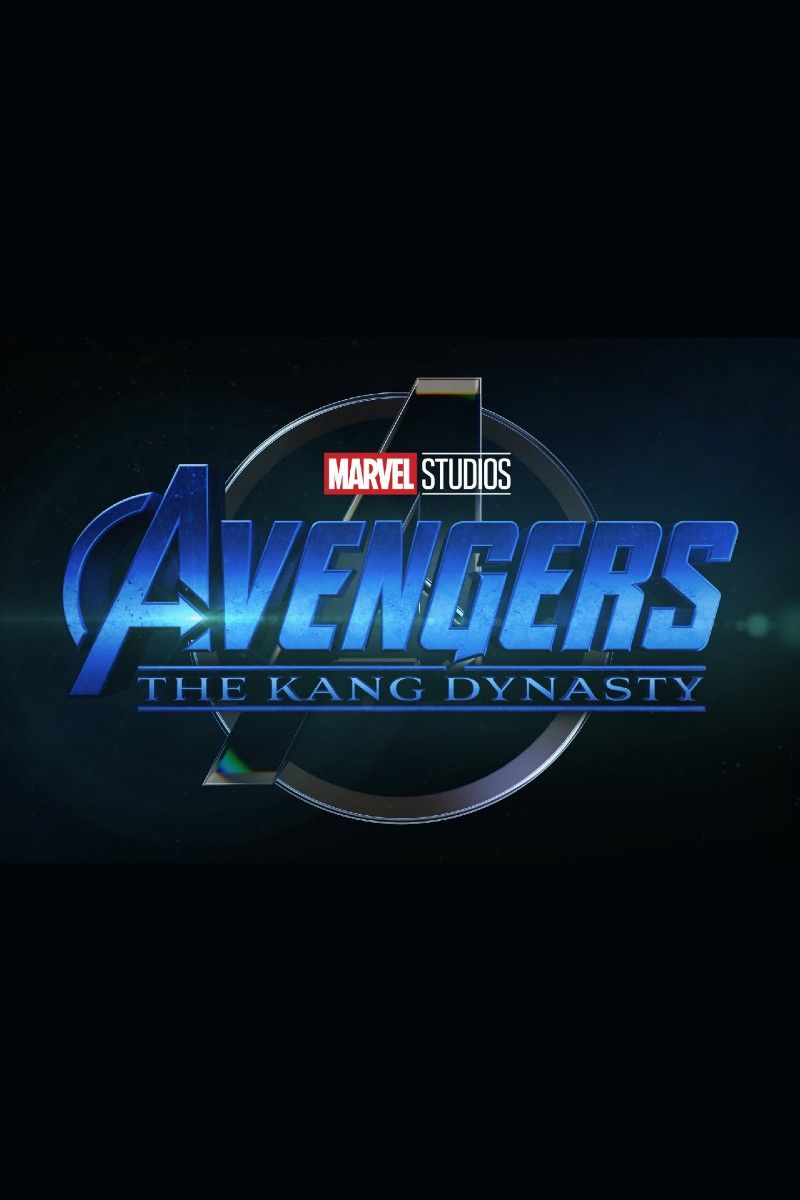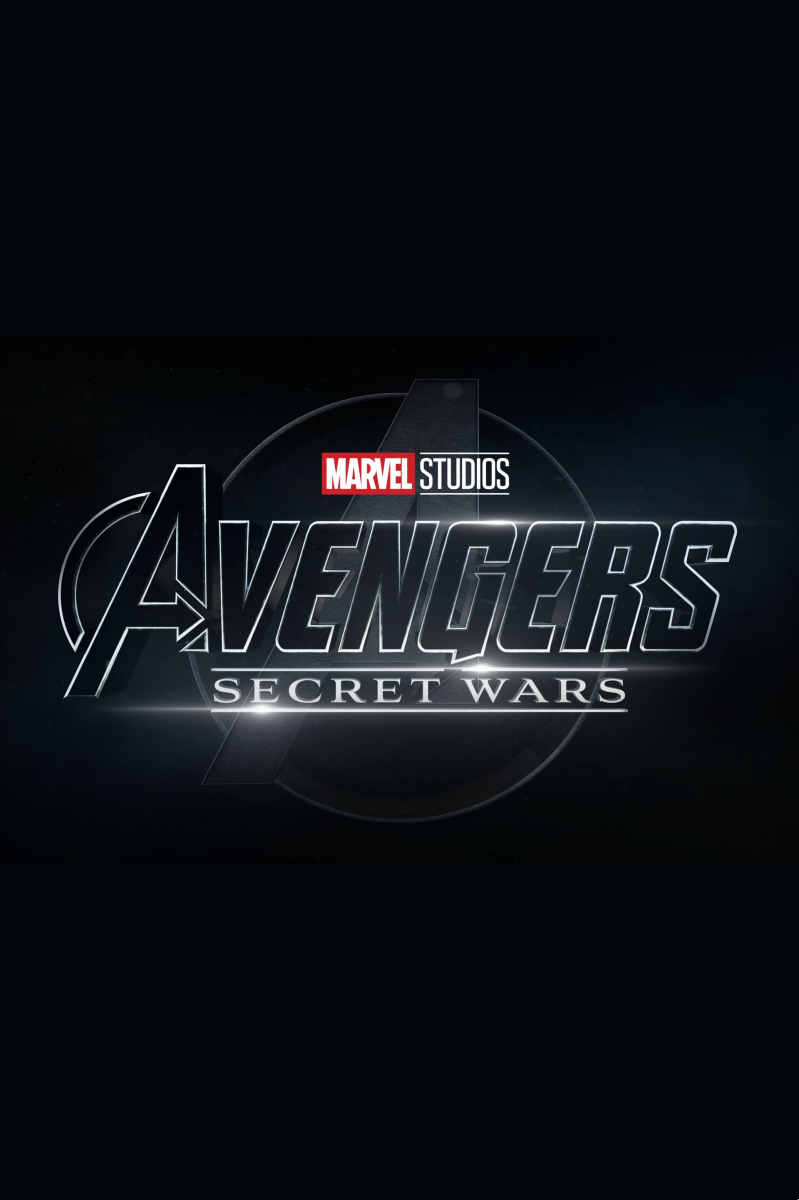Phase 4 of the Marvel Cinematic Universe is over, continuing the MCU fatigue that is often wrongly attributed to the integration of Disney+. Since 2021, the MCU has been integrating stories told in TV format into its many phases, beginning with WandaVision. This uptick in stories has caused many to accuse Disney+ of being the core reason for the growing MCU fatigue, something that is misinformed.
MCU fatigue has been something that has been predicted since long before Disney+ began, with some of the lesser fans of the franchise feeling the strain of following it as early as the beginning of Phase 3. However, the fact of the matter is that Disney+'s various MCU shows have actually benefited the franchise in a lot of ways, albeit by increasing the output of projects. From more diversity, differing tones and styles, and deeper explorations of the MCU's characters, it is a mistake to pin MCU fatigue solely on Marvel Studios' journey into the world of TV.
MCU Fatigue Was Happening Even Before Disney+
The beginning of MCU fatigue began as early as Phase 3, long before Disney+ became a contributor to the franchise. With Phase 3 building to the giant two-part event of Avengers: Infinity War and Avengers: Endgame, it had to include many more projects to culminate naturally. This caused many to already begin feeling the effects of MCU fatigue. However, the end of Phase 3 with Avengers: Endgame also caused a lot of MCU fatigue for films such as Spider-Man: Far From Home.
Many felt that Avengers: Endgame was a fitting endpoint for the entire franchise and that any stories told after that were simply indulgent. This began almost instantaneously after the release of Avengers: Endgame and the announcement of Phase 4. It was only this lingering feeling of MCU fatigue for many that transferred over to the start of Disney+'s projects. However, it was often the films of Phase 4 that caused most to feel its effects with Disney+ often being praised for differing from past MCU projects.
Disney+ MCU Shows Have Been More Diverse
WandaVision, for example, was widely praised as the first Phase 4 project and Marvel Studios' first attempt at TV. The show was praised for how it utilized this and truly felt like a TV show as opposed to an elongated film. From the usage of sitcom tropes, the episodic format, and the way all of this was tied perfectly into an MCU story, WandaVision began the MCU's TV journey on a diverse, original, high note and is still the MCU's most creative TV show to date.
While some shows, like The Falcon and the Winter Soldier and Hawkeye, have been more conventional MCU stories, others like What If...?, Moon Knight, Werewolf by Night, and She-Hulk: Attorney at Law have proven how different the MCU can be. This is a large reason as to why Disney+ cannot be blamed for Marvel fatigue, even if the reactions to some of these shows have not been entirely positive from MCU fans. She-Hulk, for instance, is a legal procedural comedy that strikes a tone very far removed from anything else in the MCU. From its focus on the comedy that comes from the day-to-day events of a superhuman lawyer to the many obscure Marvel character cameos, She-Hulk was a breath of fresh air at least in how different it was from other MCU properties.
Other projects like Moon Knight and Werewolf by Night were massively diverse from other MCU films and shows by focusing on the supernatural side of the world. From Moon Knight's focus on the gods of Ancient Egypt, and Werewolf by Night's black-and-white, 1930s monster movie aesthetic, the supernatural elements were only bolstered by the difference in tone, style, and setting the shows provided. Finally, What If...? employed the full power of the MCU's multiverse in the MCU's first attempt at an animated format. All of this just goes to show how different the various Disney+ shows have been and how this means they can be argued to deter MCU fatigue from the sheer originality each provides.
Marvel's Phase 4 Problems Are Bigger Than Too More Content
The biggest reason that Disney+ is often attributed as the leading factor in Phase 4's MCU fatigue is simply because of the increased output in content. However, while the insane amount of projects each year since Phase 4 began certainly is still an issue the MCU faces, there are more significant problems phasing the franchise as Phase 4 ends. Phase 4 faced an issue that its preceding three did not: a lack of cohesion and direction. With Phases 1 through 3, the MCU was clearly building simultaneously to the ending event of each Phase (The Avengers and Avengers: Age of Ultron) and the ending of the Infinity Saga (Avengers: Infinity War and Avengers: Endgame).
With Phase 4, however, many felt the lack of direction as many of its projects were dealing with the fallout of Avengers: Endgame rather than the buildup to the next major event of the MCU. While some projects, such as Loki, Spider-Man: No Way Home, and Doctor Strange in the Multiverse of Madness were contributing to the Multiverse Saga and including elements that will undoubtedly be huge going forward, the majority of Phase 4 projects were self-contained and dealing with new characters introductions to the MCU. Due to this lack of direction, and the increased amount of projects exhibiting this, many therefore pinned Phase 4's issues on that increased content and Disney+ by extension. However, these problems plagued Marvel Studios' theatrical releases as well.
Films like Thor: Love and Thunder, Eternals, and Black Widow received criticism for their inconsequentiality to the overall MCU story, proving it was not only Disney+ shows with this issue. The issue of Phase 4 lacking direction is only exemplified by the MCU's Phase 5 which, despite not slowing down on the amount of content, looks more promising going forward. With Ant-Man and the Wasp: Quantumania, Loki season 2, The Marvels, and Guardians of the Galaxy Vol. 3 all coming in 2023, most of these projects will directly tie into the Multiverse Saga or provide an ending for those of the Infinity Saga that is long overdue. This just proves that Phase 4's biggest problem was its lack of cohesion and that blaming Disney+ for Marvel Cinematic Universe fatigue is unfair, to say the least.

